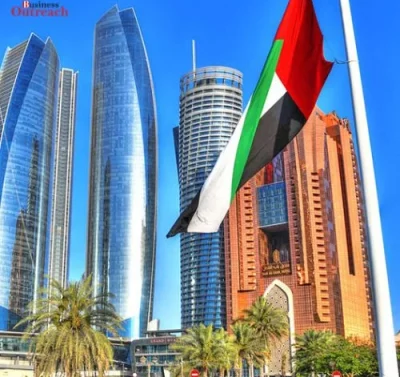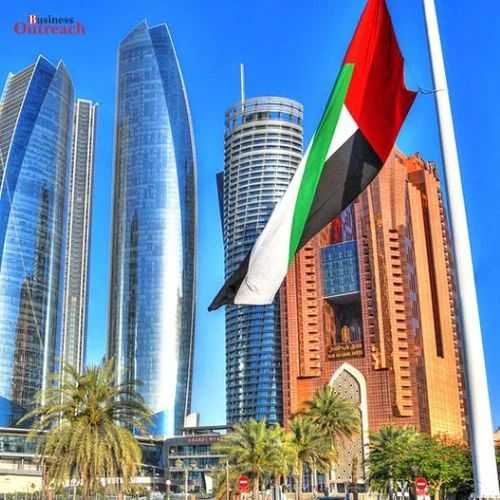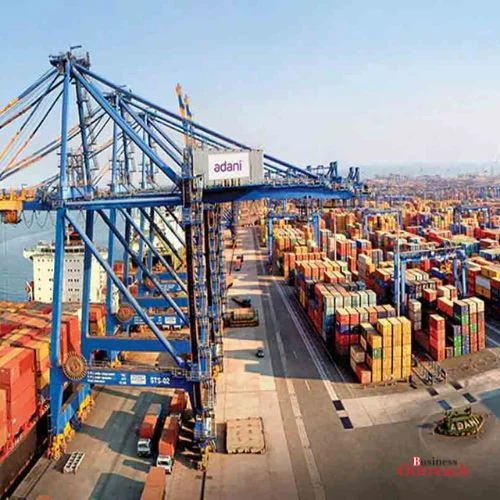The tight deadline for the bidding process of NLC India’s ambitious thermal power plant project in Odisha has led to an unexpected development, with engineering conglomerate Larsen & Toubro (L&T) withdrawing its bid at the last stage. This has left Bharat Heavy Electricals Limited (BHEL) as the only participant for the tender.
NLC India Chairman and Managing Director Prasanna Kumar Motupalli confirmed to media sources that initially both L&T and BHEL had submitted technical qualification bids for the 3,200 MW Talabira ultra-supercritical power plant coming up in stages. However, when it came time to submit the price bids, L&T reportedly opted out of the running.
Motupalli noted they had not received a clear reason from L&T for the sudden withdrawal. Some speculate it may have been due to issues meeting the competitive pricing or tight deadlines required for the project. The planned inauguration of the first phase is scheduled within the next few months.
With L&T’s exit, state-owned BHEL now has emerged as the sole bidder vying for the major contract. NLC India will be evaluating BHEL’s submitted price bid over the coming weeks to determine if it meets the criteria. If approved, a formal order is expected to be awarded by the end of this month to kickstart construction activities.
With a total outlay estimated at Rs. 19,422 crores, the Talabira power plant represents a critical investment by NLC India to add non-coal based generation capacity. Stage 1 comprises 3 units of 800 MW supercritical technology, while Stage 2 includes 1 additional 800 MW unit. The project aims to leverage the company’s existing coal reserves in the region for relatively low-cost power.
Industry experts note that large EPC projects bring immense execution challenges, requiring intricate project management skills. The tight deadlines associated with this commissioning-linked tender could have made it difficult for L&T to commit within schedule and budget. BHEL, with its proven thermal plant construction expertise, may be hoping its experience gives it an edge.
Nonetheless, NLC India will need to conduct thorough due diligence on BHEL’s technical and commercial proposals. As a monopoly bidder, there are risks of time or cost overruns without competitive pressure. The power developer will be carefully evaluating the project timelines and tariff aspects to ensure financial viability for this critical infrastructure expansion.
With energy demands growing consistently, continuous capacity additions through collaborative efforts between developers and engineering partners will be key. Investors will be watching to see if NLC India’s Odisha project remains on track to aid the energy security of the region in the coming years.















